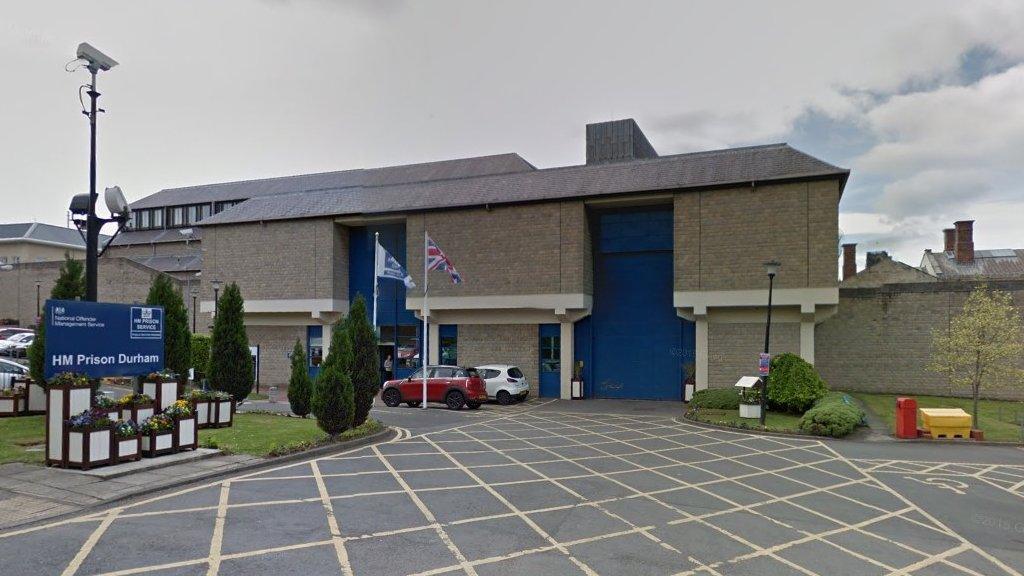HMP Durham must do more to prevent further deaths, says charity
- Published
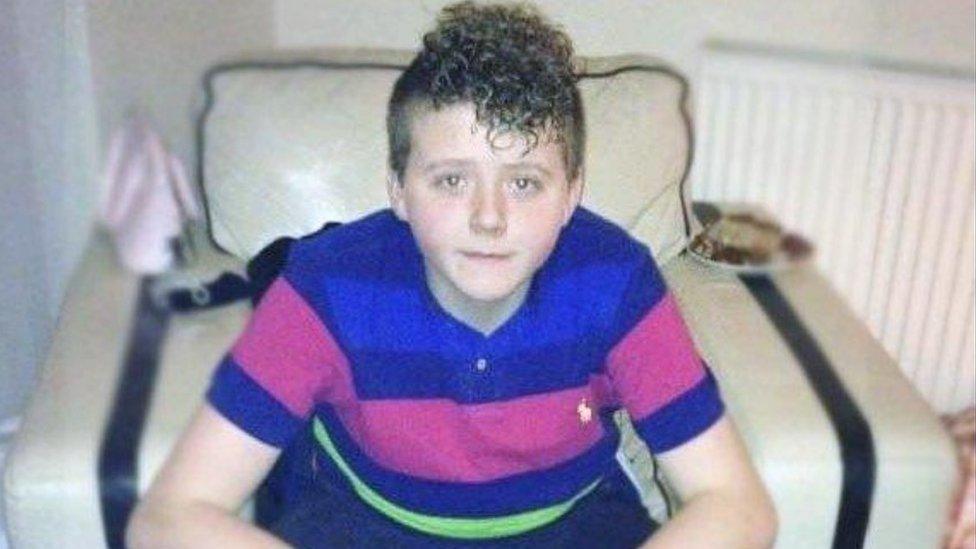
Charlie Todd's mother said he was "vulnerable" and there were missed opportunities to save him
Changes made at a prison where a teenager was found hanged in his cell are not enough to prevent further deaths, a charity has warned.
Charlie Todd, who was 18, died at HMP Durham in September 2019 after he had been placed in isolation while awaiting sentencing for burglary.
The inquest into his death heard checks on his condition were lacking.
HMP Durham was asked to respond to the coroner's concerns and said it had since taken on two extra staff members.
The inquest at Crook Civic Centre in September raised concerns that insufficient checks were made on Mr Todd, who had mental health problems.
The Darlington teenager was put into the segregation and care unit (SACU) when he was found with illegal drugs he claimed belonged to another inmate.
It was concluded that his death on 2 September 2019 was as a result of misadventure and he had not intended to kill himself.
Assistant Coroner for Durham, James Thompson, issued a prevention of future deaths report asking the prison to address his concerns, external.
The prison was given 56 days to respond and said it had since taken on two extra staff. , external
Since 2015, 42 men have died at HMP Durham, of which 17 were reported by the prison to be self-inflicted, according to the charity Inquest.
It claims the changes made since Mr Todd's death "are not enough to prevent future deaths at the prison".
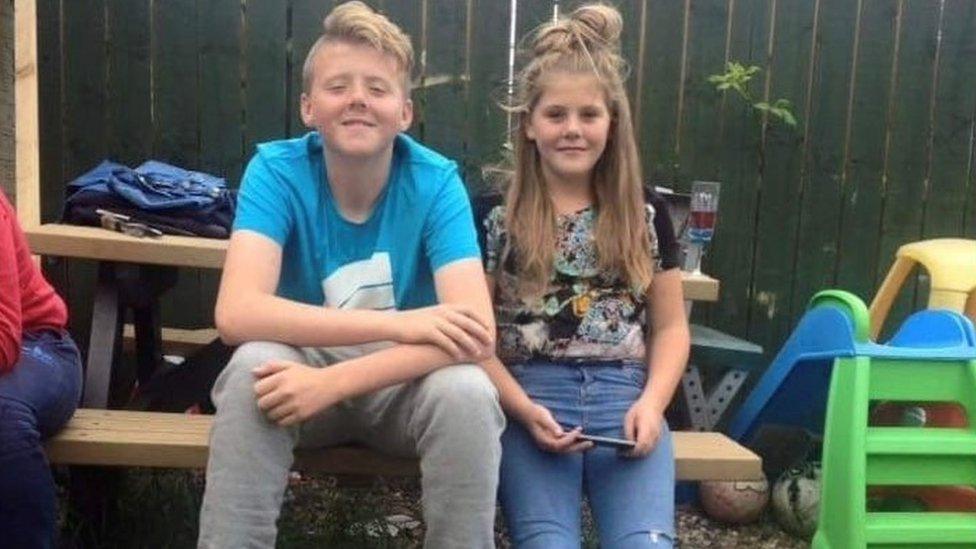
Charlie Todd was placed in isolation after he was found with drugs, which he said were not his
Mr Thompson's report highlighted that there was no supervising officer on duty in SACU at the time Mr Todd died and he should have been checked at 15:00, an hour before he was found.
Inquest, which supports families when a loved one dies in the care of the state, external, represented Emma Todd, Mr Todd's mother, at the hearing.
It said the teenager, who had also been awaiting trial for a wounding offence, had been transferred to a segregation unit six hours before his death.
Prison staff told the inquest they had no concerns about the inmate's mental health, as he appeared "smiley" and "happy".
However, Inquest suggested he may have been trying to get out of segregation by deliberately harming himself as "there was an apparent belief among prisoners at Durham that the way out of segregation was to self-harm".
Ms Todd said her depressed son should not have been left alone.
"Like most teenagers, Charlie had his struggles and battles, sometimes making the wrong choices along the way," she said.
"Charlie will never get to make things right and live his life. There were missed checks from prison staff and a mental health nurse failed to assess him before he went to segregation."
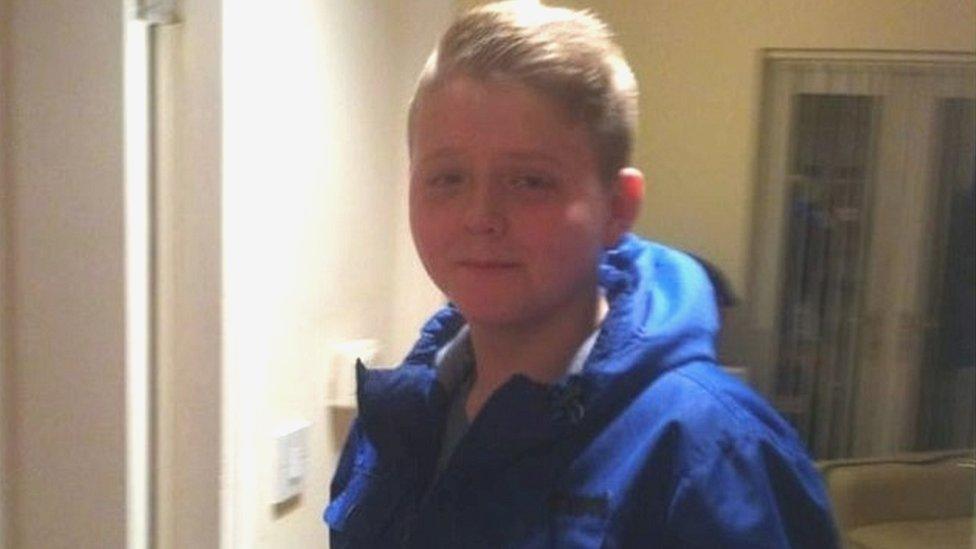
Inquest said it was possible the teenager may have been trying to get out of segregation by self-harming and it went wrong
Spokeswoman for Inquest, Lucy McKay, warned the "small changes made by this prison will be enough to prevent future harms or deaths".
She said: "In the short-term, urgent action is needed to ensure people experiencing mental ill health in prison are kept safe, and are not left in distress in segregation cells without support.
"In Charlie's case he was a teenager in need of support and compassion, not further punishment through segregation.
"In the long term, we need a dramatic reduction of the prison population and more investment in radical community alternatives. Not more prisons."
A statement from HMP Durham expressed its condolences to Mr Todd's family.
"We are confident that the staffing levels and supervisory arrangements in place are sufficient to deliver all of the SACU's regime, and allow for the required checks to take place," it said.
"The staffing of the SACU is in line with national benchmarking standards, and indeed the governor has provided an additional officer resource, as well as an administration staff member in order to support the work of the SACU."
In August 2019, weeks before the teenager's death, the chief inspector of prisons raised "significant concern" over the number of deaths at HMP Durham and called for urgent action in managing inmates at risk of suicide and self-harm.
The BBC Action Line has details of organisations offering information and support if you, or someone you know, has been affected by mental health issues.

Follow BBC North East & Cumbria on Twitter, external, Facebook, external and Instagram, external. Send your story ideas to northeastandcumbria@bbc.co.uk, external.
- Published5 August 2021
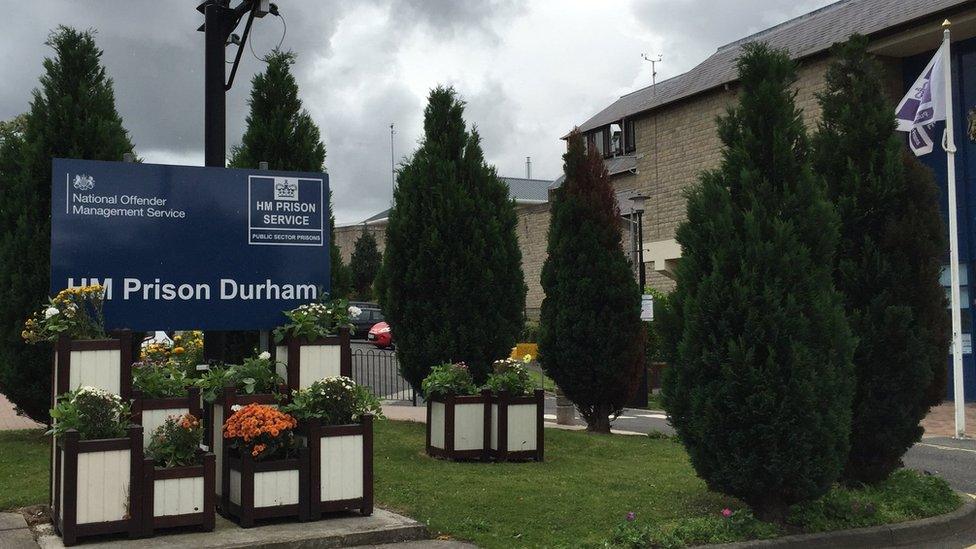
- Published6 August 2019
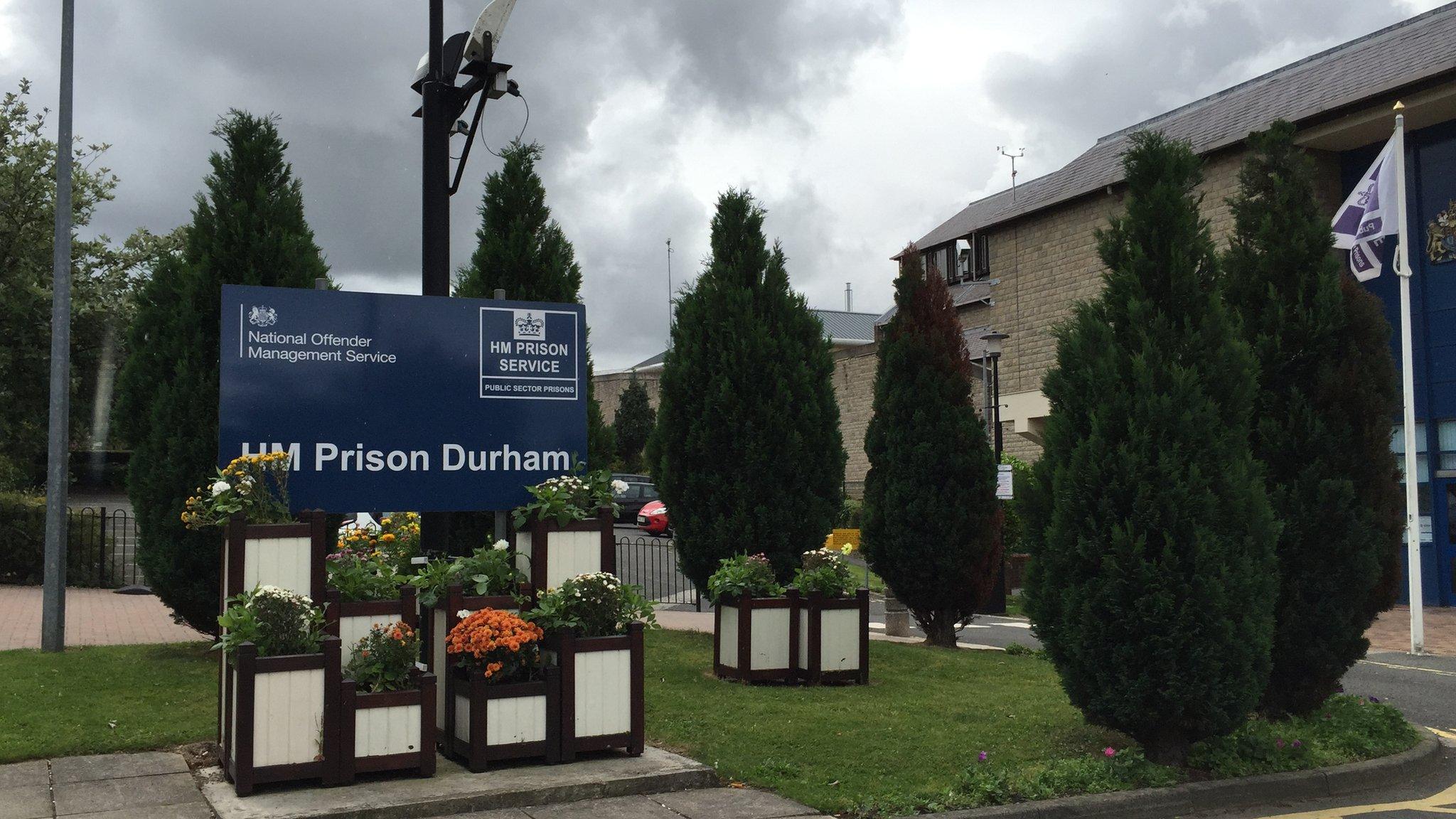
- Published12 February 2019

- Published7 March 2017
